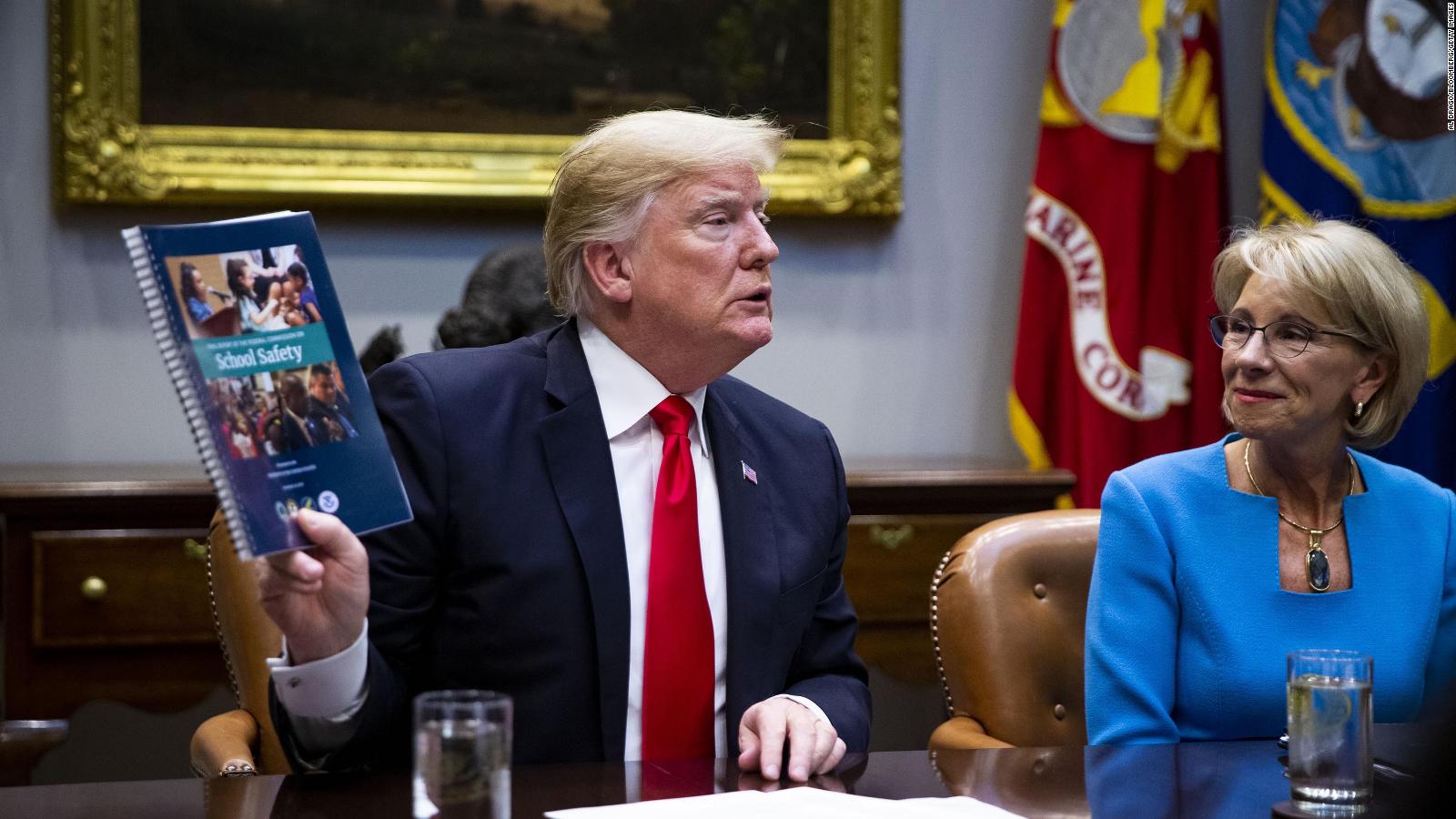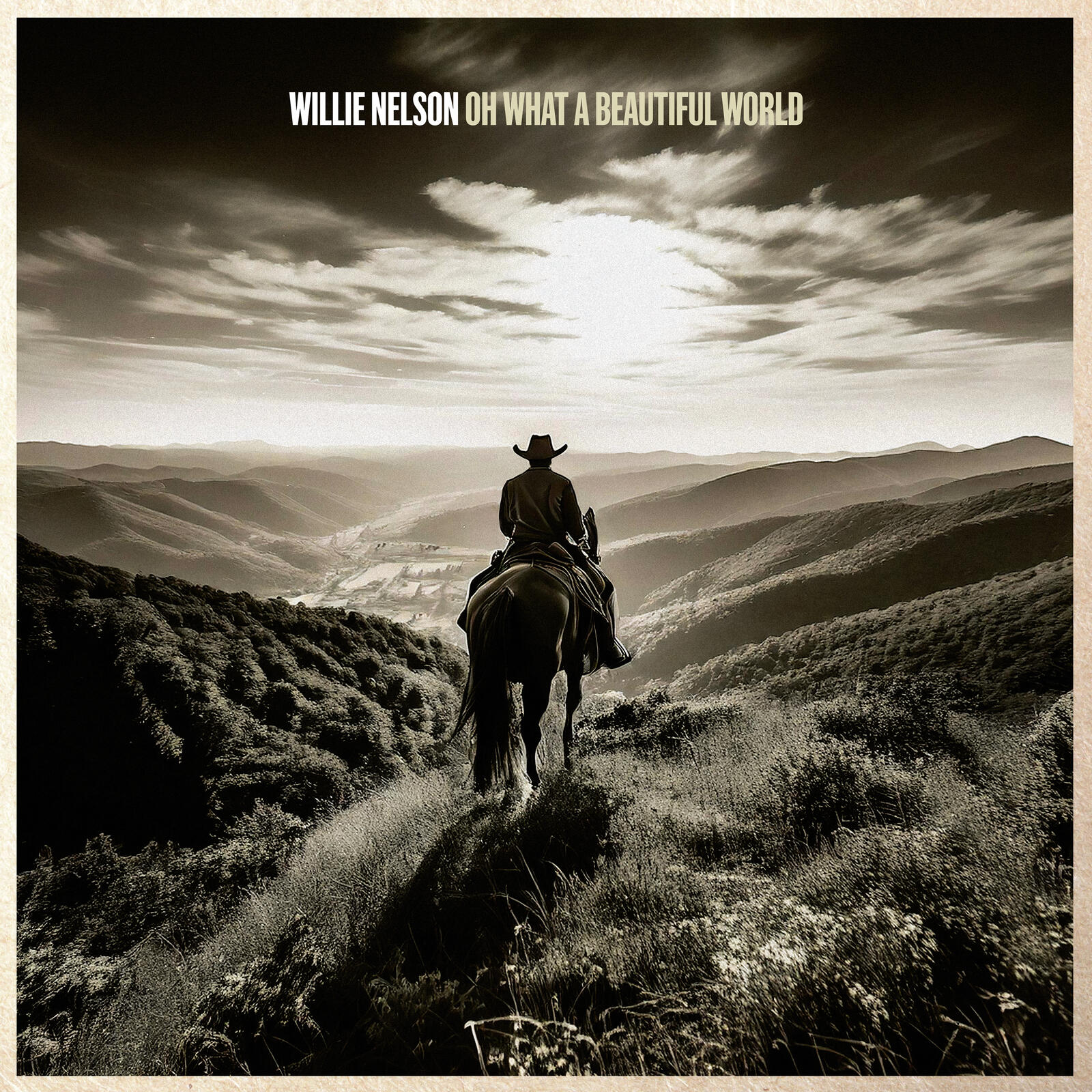Exclusive Universities Resist Trump Administration's Higher Education Policies

Table of Contents
Challenges to Immigration Policies
The Trump administration's immigration policies, particularly the DACA rescission and the travel bans, ignited fierce opposition from exclusive universities. These policies directly threatened the diverse student populations and international collaborations that define these institutions' academic landscape.
Opposition to DACA Rescission
The decision to rescind the Deferred Action for Childhood Arrivals (DACA) program sparked immediate and widespread outrage. Many exclusive universities viewed this action as a direct attack on their students and a betrayal of the principles of inclusivity and opportunity.
- Universities actively supporting DACA students: Harvard University, Yale University, Stanford University, MIT, Princeton University, and many others voiced strong opposition.
- Actions taken: These universities launched legal challenges, declared themselves "sanctuary campuses," and implemented financial aid initiatives to support DACA students facing deportation. Many offered legal assistance and counseling services.
Resistance to Travel Bans
The travel bans targeting several Muslim-majority countries also faced significant pushback from exclusive universities. These institutions recognized the devastating impact on international student recruitment, faculty exchanges, and vital research collaborations.
- Legal challenges: Numerous universities filed amicus briefs in legal challenges to the travel bans, arguing that they violated constitutional rights and harmed the academic community.
- Impact on research: The travel bans severely restricted international collaborations, hindering research projects and limiting the exchange of knowledge and ideas. The diversity of the academic community was also significantly affected.
Pushback Against Funding Cuts
The Trump administration's proposed cuts to research funding and financial aid programs generated further conflict with exclusive universities. These institutions argued that such cuts would undermine academic excellence, limit access to higher education, and harm the nation's scientific advancement.
Reduced Research Funding
Proposed cuts to crucial research funding streams, such as the National Institutes of Health (NIH) and the National Science Foundation (NSF), threatened to curtail groundbreaking research across various disciplines.
- Affected research areas: Areas like biomedical research, climate science, and social sciences experienced significant funding reductions, impacting progress and potentially jeopardizing future advancements.
- Lobbying efforts: Universities actively lobbied Congress to oppose the cuts, emphasizing the importance of federal support for scientific discovery and national competitiveness. While some lobbying efforts proved successful in mitigating cuts, others were unsuccessful.
Decreased Financial Aid
Concerns arose regarding the potential impact of funding cuts on student financial aid and accessibility to higher education. Exclusive universities, committed to providing access for students from diverse socioeconomic backgrounds, feared a decline in diversity and inclusion.
- Offsetting funding losses: Universities utilized their own endowments and resources to mitigate the impact of federal funding reductions, attempting to maintain financial aid packages for deserving students.
- Impact on diversity: Reduced financial aid opportunities threatened to disproportionately affect low-income and minority students, jeopardizing the commitment to diversity and inclusion championed by many exclusive universities.
Defense of Academic Freedom and Free Speech
Beyond specific policies, exclusive universities staunchly defended the principles of academic freedom and free speech against perceived threats from the Trump administration. They viewed attempts to influence research or limit open discourse as an affront to the core values of higher education.
Protecting Research Integrity
Universities actively worked to protect the integrity of research from potential political interference, emphasizing the importance of objectivity and independence in scientific inquiry.
- Resistance to external pressures: Instances where universities resisted pressure to alter research findings or limit research topics to align with political agendas were documented and widely reported.
- Maintaining research independence: Universities stressed the crucial role of independent research in advancing knowledge and contributing to societal progress.
Safeguarding Campus Climate
Universities also actively worked to safeguard the campus climate, fostering an environment of free speech and tolerance for diverse viewpoints.
- Promoting free speech: Universities implemented programs and initiatives to ensure a welcoming and inclusive environment where students could express themselves freely, even on contentious issues.
- Addressing intolerance: They responded to instances of intolerance and hate speech through education, dialogue, and disciplinary action when necessary.
The Continuing Resistance of Exclusive Universities to Higher Education Policy Changes
In conclusion, the Trump administration's higher education policies faced significant and sustained resistance from exclusive universities. This resistance stemmed from a deep commitment to the principles of inclusivity, academic freedom, and the pursuit of knowledge without political interference. The short-term consequences included legal battles, lobbying efforts, and the implementation of internal support programs. The long-term impact on research funding, student diversity, and the relationship between higher education institutions and the federal government remains to be fully assessed. The ongoing resistance of exclusive universities to higher education policy changes will likely continue as institutions strive to balance their commitment to their values with the realities of ever-evolving political landscapes. Understanding the impact of higher education policies on exclusive universities is crucial for shaping a future that supports both academic excellence and equitable access to higher education for all. We encourage readers to further research this topic and stay informed about higher education policies and their impact on universities and students.

Featured Posts
-
 Activision Blizzard Merger Ftcs Appeal Could Halt Microsoft Deal
Apr 29, 2025
Activision Blizzard Merger Ftcs Appeal Could Halt Microsoft Deal
Apr 29, 2025 -
 Gambling On Natural Disasters The Troubling Trend Of Betting On The Los Angeles Wildfires
Apr 29, 2025
Gambling On Natural Disasters The Troubling Trend Of Betting On The Los Angeles Wildfires
Apr 29, 2025 -
 Los Angeles Wildfires A Reflection Of Societal Attitudes Towards Disaster And Betting
Apr 29, 2025
Los Angeles Wildfires A Reflection Of Societal Attitudes Towards Disaster And Betting
Apr 29, 2025 -
 Trumps Tariffs Goldman Sachs Provides Exclusive Advice To Affected Nations
Apr 29, 2025
Trumps Tariffs Goldman Sachs Provides Exclusive Advice To Affected Nations
Apr 29, 2025 -
 Willie Nelsons 77th Solo Album A Pre 92nd Birthday Release
Apr 29, 2025
Willie Nelsons 77th Solo Album A Pre 92nd Birthday Release
Apr 29, 2025
Latest Posts
-
 Oh What A Beautiful World A Review Of Willie Nelsons New Album
Apr 29, 2025
Oh What A Beautiful World A Review Of Willie Nelsons New Album
Apr 29, 2025 -
 Country Legend Willie Nelson Releases Oh What A Beautiful World
Apr 29, 2025
Country Legend Willie Nelson Releases Oh What A Beautiful World
Apr 29, 2025 -
 New Music Willie Nelson Releases 77th Solo Album At 91
Apr 29, 2025
New Music Willie Nelson Releases 77th Solo Album At 91
Apr 29, 2025 -
 New Music Willie Nelsons Oh What A Beautiful World
Apr 29, 2025
New Music Willie Nelsons Oh What A Beautiful World
Apr 29, 2025 -
 Oh What A Beautiful World Willie Nelsons Latest Album Details
Apr 29, 2025
Oh What A Beautiful World Willie Nelsons Latest Album Details
Apr 29, 2025
